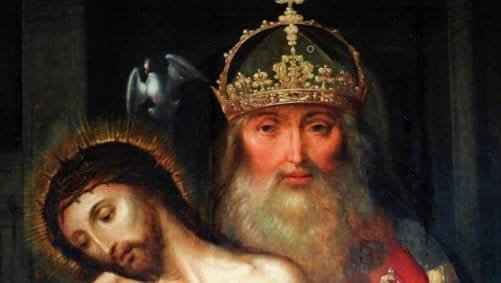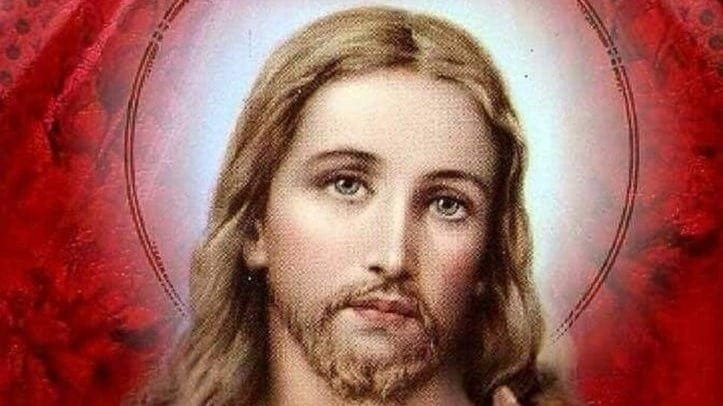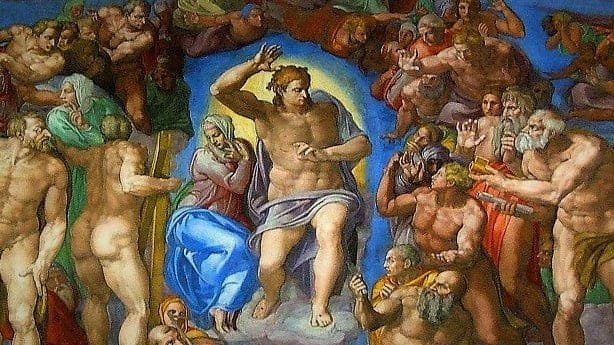POPE FRANCIS’ 2020 REFLECTION ON THE 29TH SUNDAY IN ORDINARY TIME YEAR A.

ANGELUS ADDRESS, 18 October 2020
Dear brothers and sisters, good day!
This Sunday’s Gospel reading (see Mt 22:15-21) shows us Jesus struggling with the hypocrisy of His adversaries. They pay Him many compliments – at the beginning, many compliments – but then ask an insidious question to put Him in trouble and discredit Him before the people. They ask him: “Is it lawful to pay taxes to Caesar, or not?” (v. 17), that is, to pay their taxes to the emperor. At that time, in Palestine, the domination of the Roman Empire was poorly tolerated – and it is understandable, they were invaders – also for religious reasons. For the people, the worship of the emperor, underscored also by his image on coins, was an insult to the God of Israel. Jesus’ interlocutors are convinced that there is no alternative to their questioning: either a “yes” or a “no”. They were waiting, precisely because they were sure to back Jesus into a corner with this question, and to make Him fall in the trap. But He knows their wickedness and avoids the pitfall. He asks them to show Him the coin, the coin of the taxes, takes it in His hands and asks whose is the imprinted image. They answer that it is Caesar’s, that is, the Emperor’s. Then Jesus replies: “Render therefore to Caesar the things that are Caesar’s, and to God the things that are God’s” (v. 21).
With this reply, Jesus places Himself above the controversy. Jesus, always above. On the one hand, He acknowledges that the tribute to Caesar must be paid – for all of us too, taxes must be paid – because the image on the coin is his; but above all He recalls that each person carries within him another image – we carry it in the heart, in the soul – that of God, and therefore it is to Him, and to Him alone, that each person owes his own existence, her own life.
In this sentence of Jesus we find not only the criterion for the distinction between the political sphere and the religious sphere; clear guidelines emerge for the mission of all believers of all times, even for us today. To pay taxes is a duty of citizens, as is complying with the just laws of the state. At the same time, it is necessary to affirm God’s primacy in human life and in history, respecting God’s right over all that belongs to Him.
Hence the mission of the Church and Christians: to speak of God and bear witness to Him to the men and women of our time. Every one of us, by Baptism, is called to be a living presence in society, inspiring it with the Gospel and with the lifeblood of the Holy Spirit. It is a question of committing oneself with humility, and at the same time with courage, making one’s own contribution to building the civilisation of love, where justice and fraternity reign.
May Mary Most Holy help us all to flee from all hypocrisy and to be honest and constructive citizens. And may she sustain us disciples of Christ in the mission to bear witness that God is the centre and the meaning of life.
SOURCE: http://w2.vatican.va/content/francesco/en/angelus/2020/documents/papa-francesco_angelus_20201018.html EMPHASIS MINE.


